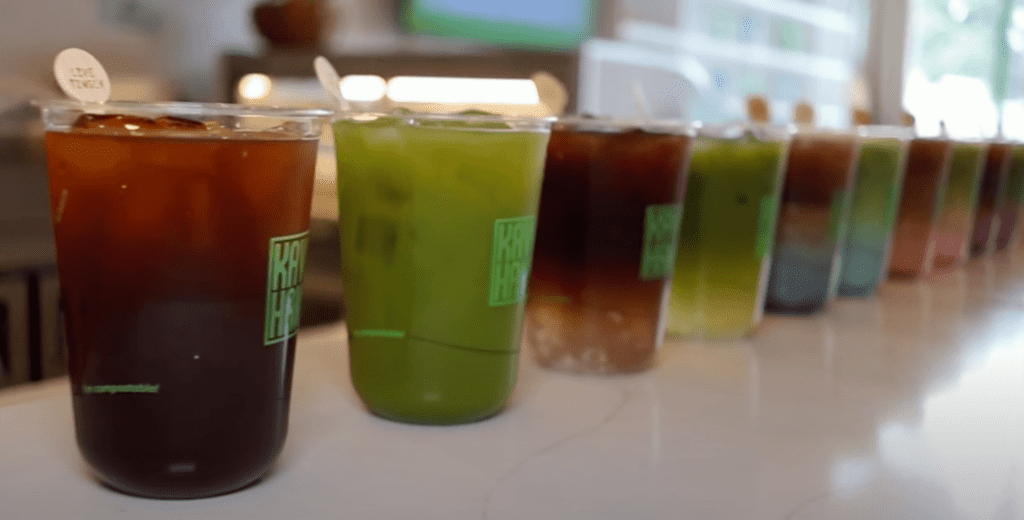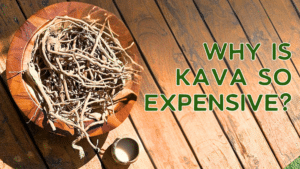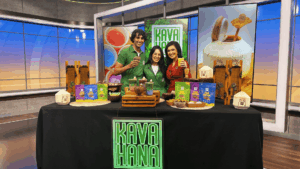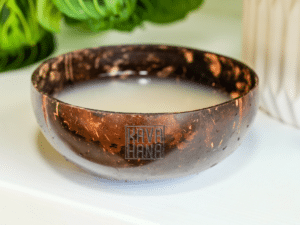When it comes to plants, they often also have the assumption that they are 100% safe. But, like anything, they have their limits. When it comes to kava, it’s no different. While it is safe to drink, you have to be careful not to drink too much (just like coffee or alcohol). The biggest concern with many natural plant products is their interaction with other medications or things you use. This is particularly true for kava and caffeine.
It’s fairly common knowledge that kava shouldn’t be used alongside alcohol and other medications or drugs. But what about coffee? There is the idea that kava and coffee can work well together, combining the energy-boosting effects of coffee with the relaxing effects of kava. The truth is that kava can actually enhance coffee’s stimulation, leading to a very different experience.
- This combination can boost the energetic feeling of caffeine, which many people really enjoy.
- It can cause an overwhelming feeling in people’s bodies and minds, which can be very uncomfortable.
Let’s break these down to understand what they are and how they work in our brains and bodies.
What is kava
Kava is a plant grown in the South Pacific islands, including Fiji, Vanuatu, Hawaii, and Tonga. It has a long, rich cultural tradition and plays a key role in many religious and community ceremonies, as well as for medicinal purposes. Its roots are harvested, dried, and ground to make a powder that is mixed with warm water and made into a tea.
It is known for its relaxing, calming, and joyful feelings that are similar to alcohol but without the negative side effects.
It works by affecting the GABA neurotransmitter system in your brain. Neurotransmitters are chemical messengers that send signals from your brain to your body. In GABA’s case, those signals are relaxing and calming.
What is caffeine
On the other hand, caffeine is a stimulant. It acts in the opposite way to kava in that it wakes you up and boosts your energy, at least for a while. It’s a small molecule found in drinks like coffee, tea, soda, energy drinks, and chocolatey foods.
Caffeine works by blocking adenosine receptors in the brain. Receptors act like bouncers to control what comes in and out of a cell. Adenosine is the sleepy molecule; it makes you feel tired and helps you fall asleep. By blocking it, caffeine prevents you from feeling tired, which is why so many of us drink it to wake up in the morning. The dangerous thing about caffeine is that you can build a tolerance for it. If you are a heavy coffee drinker, your brain creates more adenosine receptors, meaning you need more caffeine to boost your energy.
Kava and caffeine together
Understanding the relationship between kava and caffeine is critical to your experience. It’s well documented that using kava, along with other caffeinated beverages, may significantly increase the effects of caffeine. This can lead to longer-lasting stimulation, that is, feeling more awake for longer periods of time.
This effect can be even more dramatic if you’re already sensitive to caffeine. The negative effects of being overly caffeinated, like jitters and anxiety, can be particularly noticeable.
This comes from the effect kava has on how caffeine is metabolized. It overpowers a specific enzyme, proteins that speed up chemical reactions in the body, and is responsible for caffeine metabolism. What happens is that kava keeps the caffeine from being digested at its normal rate, making the caffeine last longer.
The takeaway
So, while they seem like they would work together, kava and caffeine actually don’t play nice. The combination is not only opposing in your mind and body but it can boost anxiety (something kava is famous for decreasing) and leave you feeling overstimulated.
The good news is that you don’t have to give you your daily cup of tea or coffee. But if you do like both kava and coffee or tea we suggest drinking them separately. Or better yet, give kava a try on it’s own. You might find that it’s unique effects are all you need to get your day started off right .
* Please note that the majority of kava research pertains to kava extracts, which often undergo significant processing and may contain additional ingredients and fillers that can influence their efficacy. It is crucial to consider this distinction when reading about kava studies. To draw an analogy, enjoying natural kava as a beverage can be likened to experiencing a freshly brewed cappuccino, whereas kava extracts are akin in functionality to a caffeine pill. Both forms have their unique benefits and can cater to different preferences and needs. While it’s helpful to understand research on kava extracts, please view it critically and remember that natural kava offers a uniquely holistic experience.
Tags: kava and caffeine, kava and coffee, kava caffeine, does kava have caffeine, kava in coffee, coffee kava, kava koffee, kava kava coffee, kava coffee near me, kava nectar effects, kava nectar side effects







